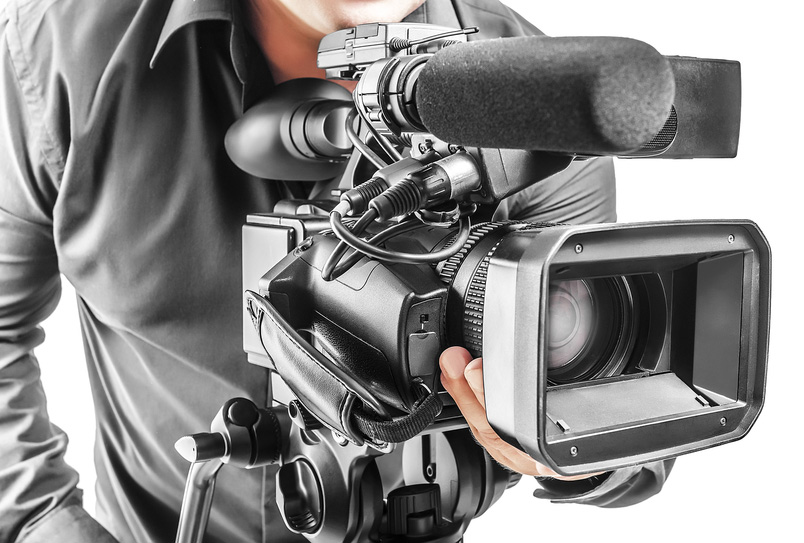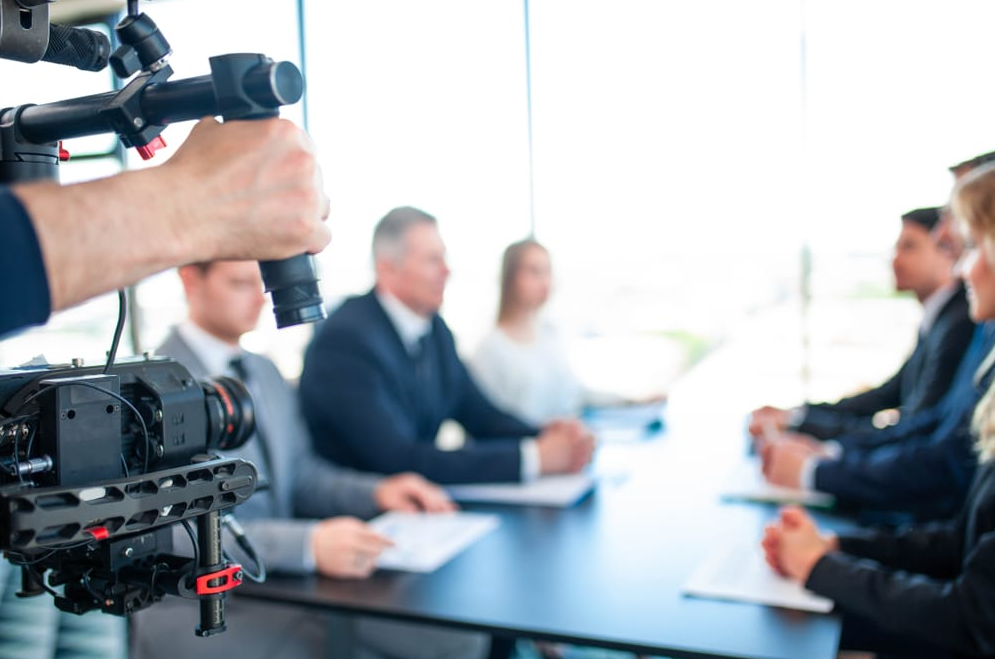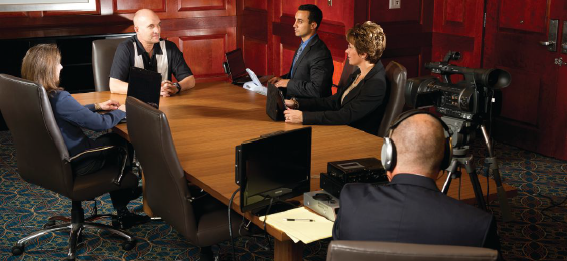Precision-Based Legal Videography for Legal Success.
The Duty of Legal Videography in Depositions and Trials
Lawful videography has emerged as a crucial device in both depositions and tests, giving a diverse method to recording witness statements. As legal professionals significantly recognize its worth, it prompts a deeper assessment of exactly how these visual documents can affect juror understandings and trial results.

Importance of Legal Videography
Legal videography plays a crucial duty in the paperwork and discussion of depositions and trials. This customized field integrates technological abilities with legal expertise to create a trustworthy document of procedures that can significantly affect situation outcomes. The visual facet of legal videography boosts the understanding of witness statement, enabling jurors and judges to observe not only the talked words yet additionally the temperament, emotions, and body language of the witnesses.
In enhancement, lawful videography gives an objective account of events, lessening the potential for misconception that can accompany created transcripts alone. This visual documents serves as a crucial tool throughout test discussions, assisting in a more clear and more convincing story for both plaintiffs and offenders. In addition, the ability to replay video clip sectors throughout court procedures allows legal groups to stress key points, strengthening their debates efficiently.
The value of legal videography extends beyond the courtroom; it likewise plays an important function in protecting proof for future recommendation, whether for appeals or more lawsuit. As such, its integration right into the lawful procedure is essential for ensuring a reasonable and precise representation of the truths, eventually adding to the search of justice.

Refine of Legal Videography
While recording the subtleties of depositions and tests, the process of legal videography entails several essential steps that guarantee top notch, precise recordings. A professional legal videographer prepares by reviewing the case products and comprehending the details requirements of the deposition or trial. This prep work includes familiarizing themselves with the individuals and the context, which helps in capturing pertinent details.
On the day of the recording, the videographer establishes the essential equipment, which generally includes high-def video cameras, microphones, and appropriate lighting. Making sure optimum angles and sound high quality is vital, as it directly affects the performance of the recording. The videographer interacts with attorneys and participants to establish methods, making sure that every person understands the recording procedure.
During the deposition or test, the videographer thoroughly tapes the proceedings, paying close focus to both spoken and non-verbal signs. This includes catching the behavior and reactions of witnesses and attorneys. After the session ends, the videographer might edit the video for clearness and compliance with legal requirements, producing an end product that properly mirrors the proceedings for future recommendation and use in legal contexts.
Advantages in Depositions
The unification of videography in depositions offers many benefits that improve the general procedure of gathering proof. One key Visit Website advantage is the ability to record witness testaments with visual and acoustic integrity, supplying a much more precise depiction of the witness's behavior, tone, and body movement. This multidimensional approach enables lawyers and juries to evaluate trustworthiness better than traditional written records alone.
In addition, videographed depositions work as an effective tool for preserving testament. Should a witness come to be not available for test, their tape-recorded deposition can be played in court, making certain that their proof remains easily accessible and appropriate. This facet dramatically decreases the risk of losing crucial info that can influence instance outcomes.

Last but not least, videography boosts the general professionalism and reliability of the deposition process, instilling confidence in customers regarding the thoroughness of their lawful depiction (legal videography). By leveraging innovation, lawyers can significantly boost the effectiveness of depositions
Effect On Tests
In many trials, the combination of videography can dramatically affect the presentation of proof and the court's perception. Legal videography records witness testimonies and crucial proof in a vibrant format, permitting jurors to engage with the material on multiple degrees. This visual component enhances the storytelling aspect of a test, providing context and psychological resonance that conventional text-based evidence may do not have.
Additionally, video recordings can serve as effective devices for impeachment during cross-examination. When inconsistencies occur between a witness's previous statements and their court room testament, video evidence provides an unbiased reference that can guide jurors' opinions. This immediacy and clarity can boost the credibility of a party's story while simultaneously threatening opposing arguments.

Future Trends in Legal Videography
As we look toward the future of lawful videography, several arising fads promise to improve its role within the court. One substantial trend is the integration of expert system (AI) in video evaluation and editing and enhancing. AI can simplify the process of identifying key moments in recorded depositions, enabling attorneys to swiftly access relevant content, consequently boosting performance in case preparation.
Furthermore, the increase of digital fact (VIRTUAL REALITY) and enhanced truth (AR) modern technologies is expected to transform exactly how jurors experience evidence. legal videography. By immersing jurors in a simulated environment, these innovations can give a much more profound understanding of complicated scenarios, bring about more informed deliberations
In addition, the increasing demand for remote depositions, sped up by the COVID-19 pandemic, will likely continue. Lawful videographers will need to adapt to new software application and systems to make certain top quality recordings in virtual setups.
Lastly, the growing emphasis on data protection will demand stricter protocols for storing and sharing video clip evidence. As the lawful landscape progresses, legal videographers must remain abreast of these trends to maintain their relevance and efficiency in the judicial process.
Final Thought
In summary, legal videography offers a critical feature in the judicial procedure, boosting the stability of depositions and tests. By catching the subtleties of witness statements, this tool not only maintains important proof yet also help in offering details properly to jurors. The significance of aesthetic paperwork in evaluating trustworthiness and helping with cross-examination can not be overstated. As technology continues to develop, lawful videography is poised to further change its duty within the lawful landscape.